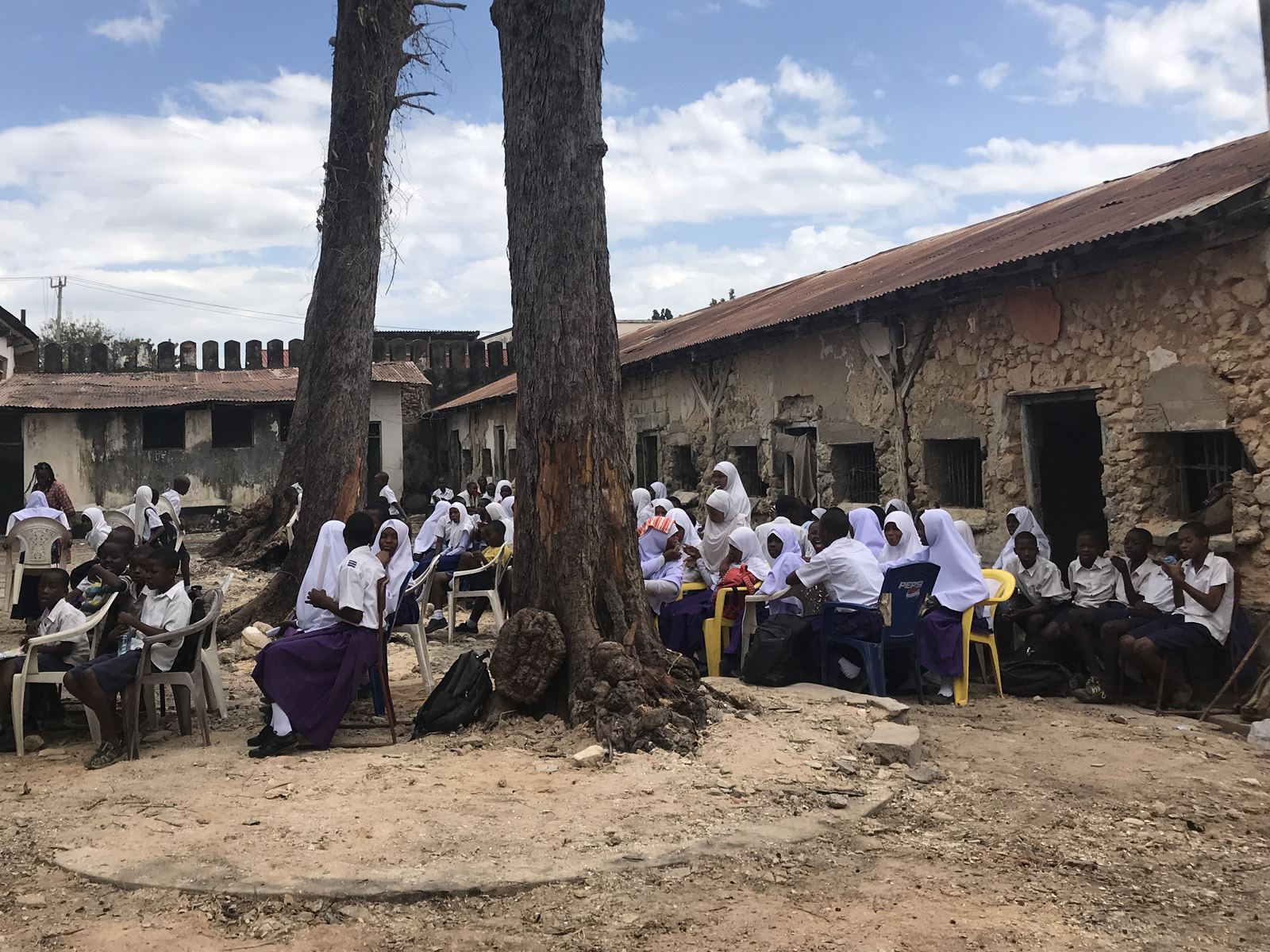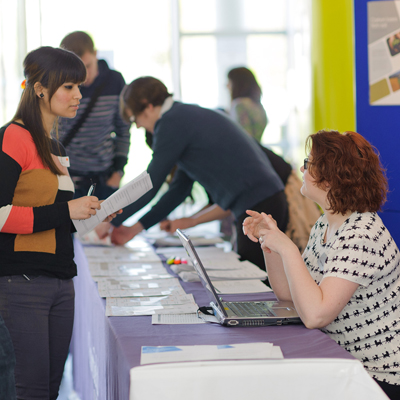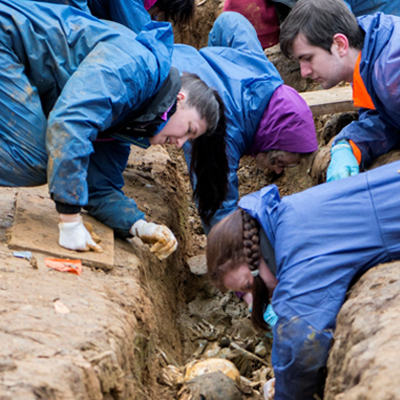Cranfield University is co-leading a new international project to examine the role of culture and archives in enhancing possibilities for peace and preventing conflict in communities around the world.
Imagining Futures through Un/Archived Pasts is a four-year, £2 million project funded by the Arts and Humanities Research Council and will establish an interdisciplinary network to connect creators and institutions in Africa, the Middle East, North America and Europe.
The project will look at the key question of who decides what should continue to be remembered into the future and how. It will bring together the many voices that create history and focus on the importance of co-existing narratives, working to activate archives, archaeological sites, galleries, libraries and museums.
Dr Peter Campbell, Lecturer in Cultural Heritage Under Threat at Cranfield Forensic Institute, and one of the coordinators for the project, said: “The Imagining Futures project is an important international collaboration that seeks to address the role of culture within the Global Challenges framework. Memory is central to cultural identity and questions of whose story continues to be told become acute in moments of post-conflict, displacement and reconstruction – any peacebuilding initiative must emphasise local memory and work to protect archives, monuments, museums, and archaeological sites.
“Working with partners in refugee camps, Lebanon, Tanzania, Ghana, and the UK, we hope to find ways to activate existing archives and develop new methods of archiving through awarding £800,000 in grants provided by the Global Challenges Research Fund scheme.”
Professor Elena Isayev, from the University of Exeter, also coordinating the project, said: “We want to expose the power which comes with being part of deciding what pasts remain into the future. Not to create one single ‘right’ story, but to understand the value in recognising and respecting, multiple narratives, even ones that may contradict each other. How can this be done ethically? We also want to work with reconstruction and humanitarian projects, to ensure that practices do not create further vulnerabilities – for example through over-writing histories and trauma, or creating further displacements.”
Work on the project will include exploratory labs and commissioned projects, the creation of new archives, reading existing archives against the grain, and (re)thinking sites of memory and what their activation or de-activation means for people on the ground.
A pilot project hosted by Dr Nancy Rushohora in Lindi, Tanzania has already been completed, examining resistance against German colonialism between 1904-08, today recalled as the Majimaji War. Preliminary results have been summarised in a short documentary by Emmy Award-winning filmmaker Mark Kaplan.
Scientific and analytical expertise at Cranfield Forensic Institute, with its world-class facilities and technologies for the documentation and preservation of cultural heritage will play a key role in the project. The new MSc in Forensic Investigation of Heritage Crime – the only course of its kind in the world – and the MSc in Forensic Archaeology and Anthropology will feed into the project through education and research.




